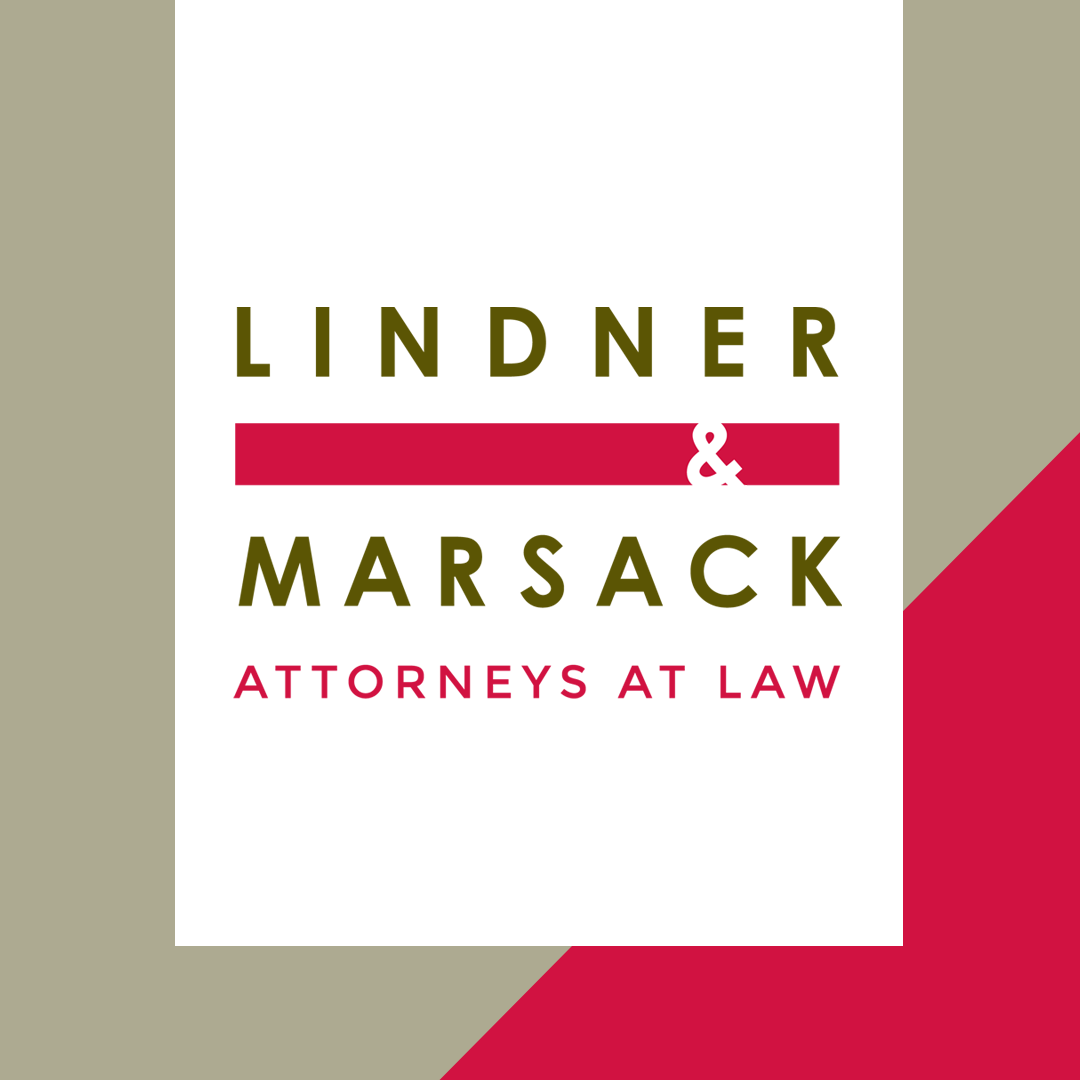By: Thomas W. Mackenzie and Kristofor L. Hanson In a decision issued September 19, 2017, the Wisconsin Court of Appeals upheld as constitutional Wisconsin’s so-called “Right to Work” law (Act 1), which outlawed mandatory union membership as a condition of employment. Prior to the law becoming effective on March 11, 2015, the International Association of […]

Wisconsin’s Right to Work Law Upheld
Leave a reply
